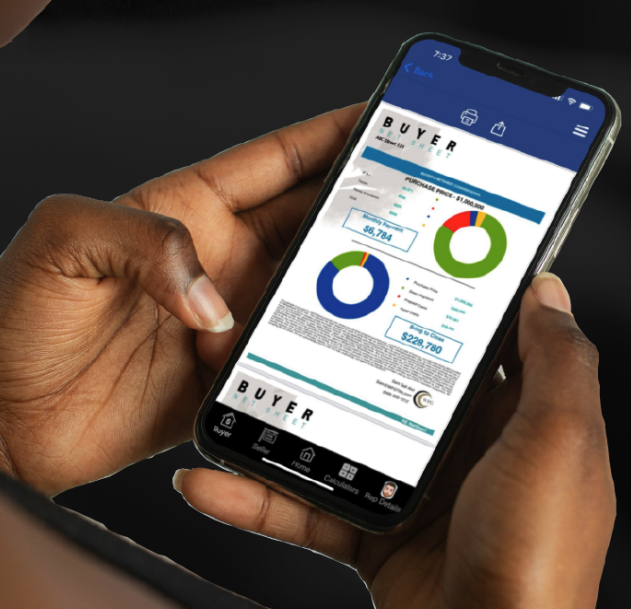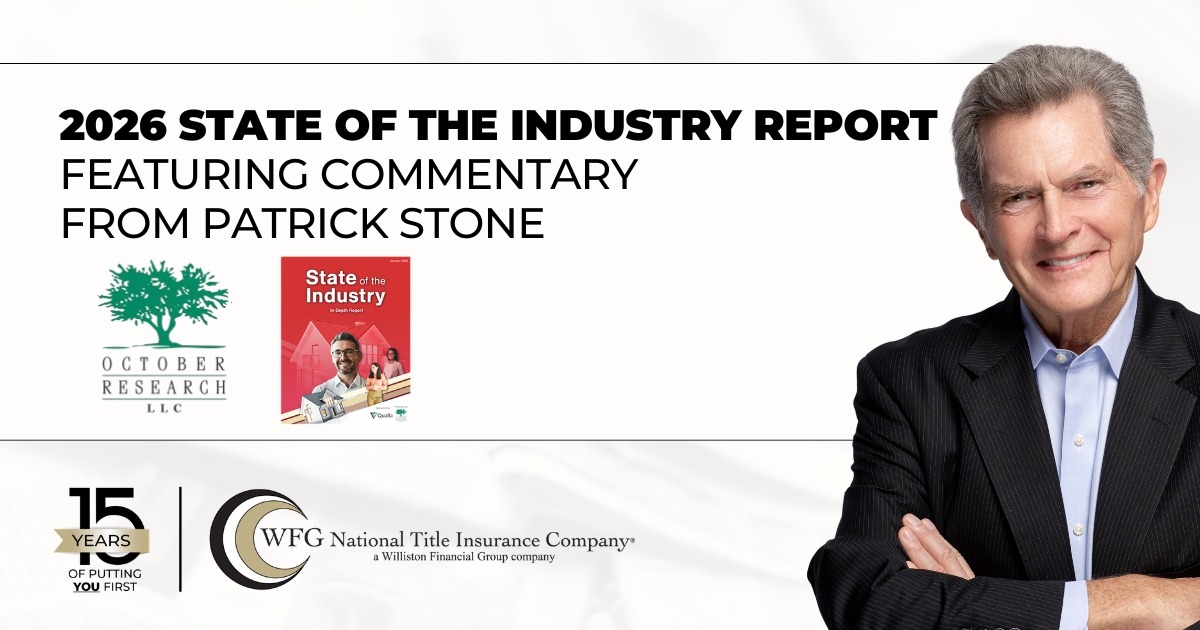Contact me
Michelle Patterson
Senior Escrow Officer
MPatterson@wfgtitle.comOffice: 415-625-0401
Direct: 415-625-0403
Fax: 415-276-9053
235 Pine Street, Suite 1675, San Francisco, CA 94104
Place an order
We’ll get you going in less than 5 minutes
WFG will never send you an email asking you to transfer money.
About me
Michelle Patterson’s career in real estate transactions is a testament to her deep-rooted commitment to excellence and seamless service. Michelle began her journey in the industry as a loan officer in 1989, gaining a comprehensive understanding of the financial intricacies involved in real estate. Her move to San Francisco in 1992 marked a significant step forward as she continued to refine her expertise as a loan agent.
By 1997, Michelle had transitioned into the escrow field, starting as an assistant. Her exceptional aptitude for detail and customer service quickly propelled her through the ranks. She was promoted to Junior Escrow Officer in 1999 and ascended to the role of Escrow Officer in 2001, a position she has held with distinction ever since.
Throughout her tenure, Michelle has consistently demonstrated a deep understanding of the escrow process, paired with a dedication to facilitating smooth and successful transactions. Her goal is to ensure that real estate agents, buyers, and sellers experience a seamless and stress-free transaction journey. By leveraging her extensive background in both loan processing and escrow management, Michelle aims to bridge any gaps between the financial and transactional aspects of real estate, thereby minimizing complications and enhancing overall satisfaction for all parties involved.
Michelle’s approach is centered on clear communication, meticulous organization, and a proactive attitude. She believes that a well-informed client is a satisfied client, and she works diligently to ensure that every transaction progresses smoothly from start to finish. Her commitment to excellence has earned her a reputation as a trusted and reliable partner in the real estate community.
When not immersed in her professional responsibilities, Michelle values quality time with her family and enjoys exploring the cultural richness of San Francisco.
Answering all your questions
Title is a bundle of rights in real property. Protecting purchasers and lenders against loss is accomplished by the issuance of a title insurance policy. Usually, during a purchase transaction the lender requests a policy (commonly referred to as the Lender’s Policy) while the buyers receive their own policy (commonly referred to as an Owner’s Policy).
In short, the policy states that if the status of the title to a parcel of real property is other than as represented, and if the insured (either the owner or lender) suffers a loss as a result of a title defect, the insurer will reimburse the insured for that loss and any related legal expenses, up to the face amount of the policy, subject to exceptions and exclusions contained in the policy.
Typically there are two policies issued. The Mortgagee’s Policy insures the lender for the amount of the loan. The Owner’s Policy insures the purchaser for the purchase price.
While the function of most other forms of insurance is risk assumption through the pooling of risks or losses arising out of unforeseen future events (such as sickness or accidents), the primary purpose of title insurance is to eliminate risks and prevent losses caused by defects in title arising out of events that have happened in the past. To achieve this goal, title insurers perform an extensive search and examination of the public records to determine whether there are any adverse claims (title defects) attached to the subject property. Said defects/claims are either eliminated prior to the issuance of a title policy or their existence is excepted from coverage. Your policy is issued after the closing of your new home, for a one-time nominal fee, and is good for as long as you own the property.
Immediately contact your escrow officer and notify them if someone is unable to attend or sign the closing documents for any reason.
An escrow is an arrangement in which a neutral third party (the escrow agent) assembles and processes many of the components of a real estate transaction, records the transaction, and ultimately, disburses and distributes funds according to the buyers’, sellers’ and lenders’ instructions. Your transaction is typically closed by an Escrow Officer. People buying and selling real estate usually open an escrow for their protection and convenience. Both the buyer and seller rely on the escrow agent to carry out their written instructions relating to the transaction and to advise them if any of their instructions are not mutually consistent or cannot be carried out. If the instructions from all parties to an escrow party are clearly drafted, the escrow officer can proceed on behalf of the buyer and seller without further consultation. This saves much time and facilitates the closing of the transaction.
Bring government issued identification card like a driver’s license or passport. Identification, must include a picture and signature for notary purposes. In the event that you are a borrower some lenders require two forms of identification so it is always best to have two forms of identification with you.
How WFG is built for you
No matter what side of the transaction you’re on, the ins and outs of real estate can be stressful. But we knew from the start that WFG could make things easier for everyone. Our company is built on five simple cornerstones to serve you better.








